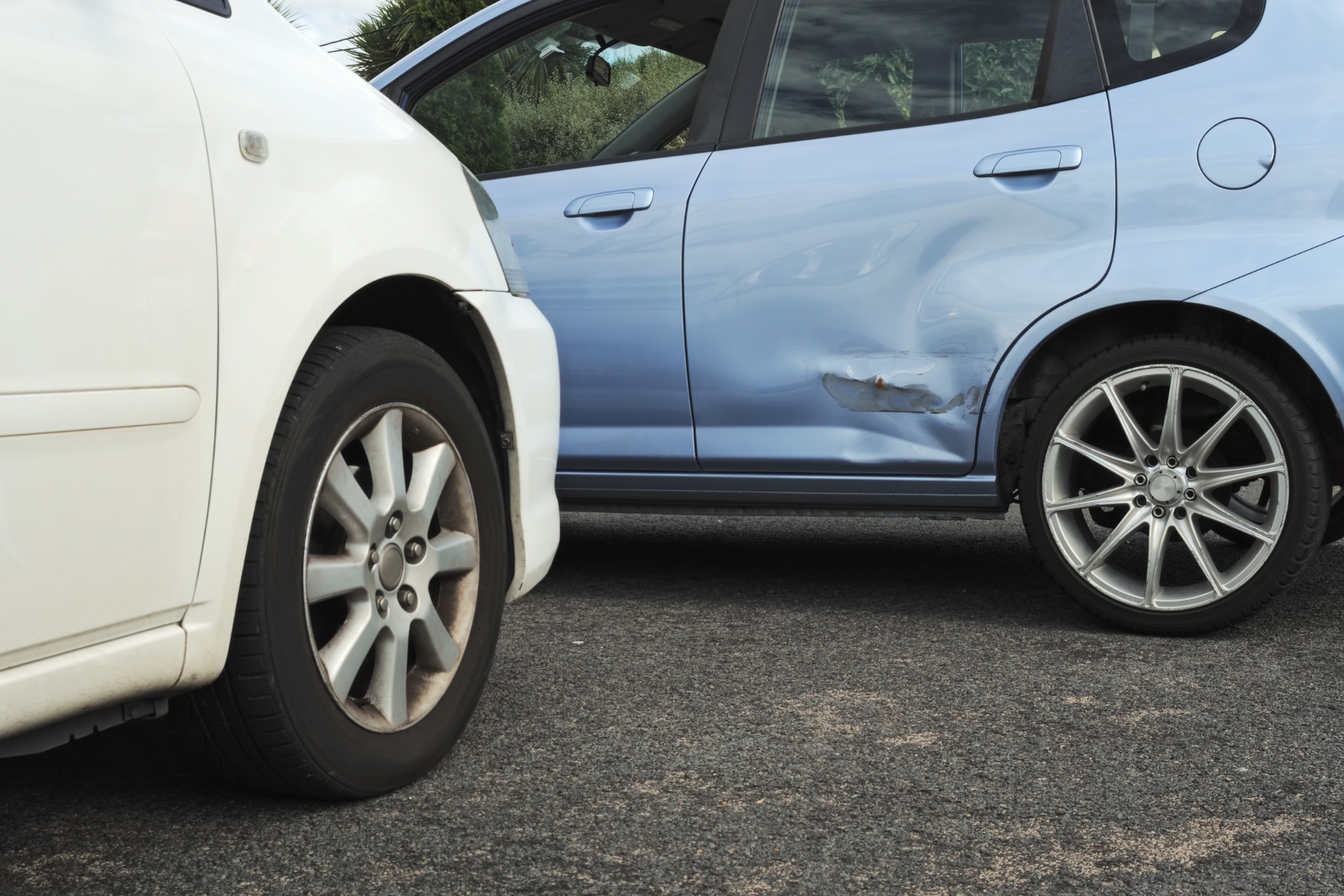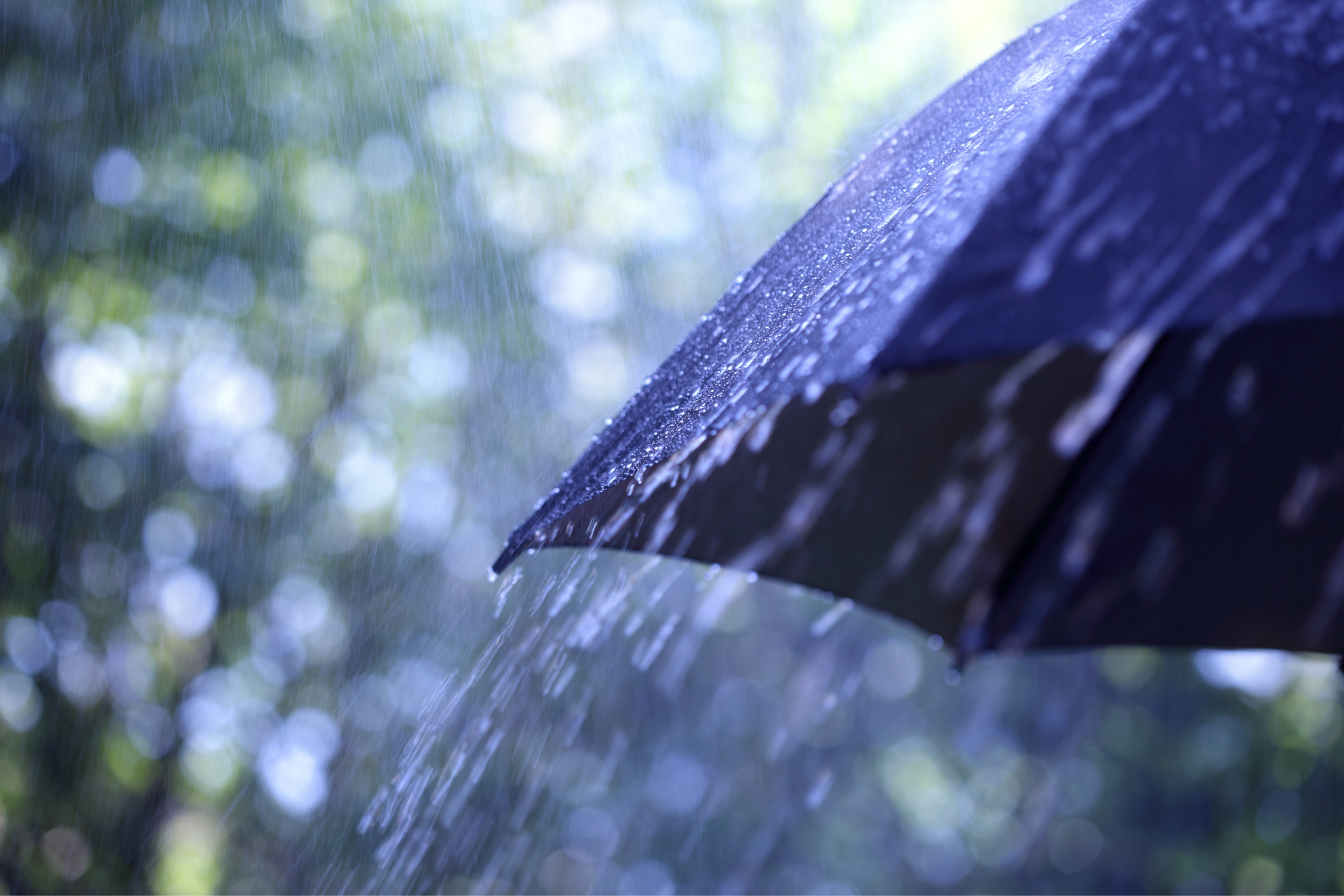Blog
Why Life Insurance Plays a Key Role in Your Financial Well-Being
January Is the Perfect Time to Revisit Your Financial HealthFinancial Wellness Month offers a great opportunity to step back and evaluate how well your overall money strategy is working for you....
Read more
A Meaningful Milestone: Honoring Teen Driving Awareness Month
Celebrating a New Chapter for Teen DriversEarning a driver’s license marks a major turning point in a teenager’s life. It represents freedom, maturity, and a brand-new set of responsibilities. For...
Read more
Avoid Drinking & Driving: Safeguard Holiday Joy
The holiday season is a time of warmth, joy, and togetherness. From lively parties to family gatherings and champagne toasts, these moments fill our hearts with cheer. Yet, amidst the festivities,...
Read more
Protect Your Holiday Treasure: Insuring Valuable Gifts
Ah, the holiday season—a time filled with scintillating lights, joy, and of course, the excitement of gift-giving. Whether you're unwrapping a delicate strand of pearls or a state-of-the-art gadget...
Read more
Time for a Year-End Life Insurance Review?
Reflecting on Life as the Year Winds Down As the year draws to a close, many of us find ourselves in a reflective mood. The holiday season not only brings joy and togetherness but also marks the...
Read more
Essential Winter Prep Tips for Your Home
As winter approaches, the chill in the air is already a reminder that it's time to prepare our homes for the cold season. We understand the concern that comes with wanting to keep your home safe...
Read more
Effortlessly Preparing Commercial Spaces for Winter
The chill of winter is just around the corner, bringing with it unique challenges for commercial property owners and managers. The key to navigating the season effortlessly is proactive planning,...
Read more
Halloween Safety: Ensuring Fun Without the Fright
Embrace Halloween with Safety in MindHalloween is a time for spooky costumes, glowing jack-o'-lanterns, and lots of treats. However, the excitement of the season brings potential risks that can...
Read more
Fall Event Liability: Essential Insights for Hosts
Fall Events: A Season of Joy and ResponsibilityThe crisp air, vibrant leaves, and sense of community make fall events a beloved tradition. Whether it's a local harvest festival, a pumpkin patch, or...
Read more
Halloween: Celebrate Safely, Drive Responsibly
A Hauntingly Good Time, But Safety FirstHalloween can be one of the most enjoyable nights of the year. With costumes, parties, and a certain spooky charm in the air, it's hard not to get caught up...
Read more
Prevent Slip & Fall Hazards This Season
Seasonal Hazards Await: Are You Prepared?With the arrival of autumn, the risk of slip and fall incidents in commercial environments rises significantly. Changing weather conditions, from rain to...
Read more
October Fire Safety Tips for a Safer Fall Season
Embrace Fall Safely With Fire PreventionOctober brings cooler weather and beloved seasonal traditions—it’s the perfect time for cozy fires and festive decorations. However, it's also crucial to...
Read more
Cybersecurity Awareness Month: Key Practices You Need to Know
October: A Time to Prioritize CybersecurityAs we step into October, we also step into Cybersecurity Awareness Month—an opportune moment to shine a spotlight on safeguarding your digital assets. For...
Read more
Deer Collision Safety: Tips for Commercial Fleet Managers
Understanding the RiskAs fleet managers and commercial drivers, the reliability of your vehicles is fundamental to your business's continuity and success. The fall season, stretching through the...
Read more
Life Insurance: Spooky Facts About Coverage Gaps
Life Events as Haunting TriggersAmidst the throngs of candy-seeking ghosts and glowing jack-o'-lanterns, many people stumble upon a spine-chilling realization—that they need life insurance. An...
Read more
Safety Tips for Avoiding Deer Collisions This Fall
As the vibrant hues of autumn leaves paint the landscape, there's no denying the picturesque charm of fall. However, the season also brings hidden dangers on the roads, especially with an increased...
Read more
Embrace Autumn: Safety Tips to Keep Fall Fun and Secure
Welcome the Fall with Safety in MindFall is here, and with it comes the crisp air, vibrant foliage, and a host of delightful traditions. Whether you're cozied up around a bonfire or taking part in...
Read more
100 Days Left: Boost Business Security with Insurance
As the year winds down, we're staring at just about 100 days left. That's not just a countdown to the festive season — it's a key window of opportunity for smart businesses to revisit their...
Read more
Life Insurance: A Key to Long-Term Financial Security
September is Life Insurance Awareness MonthSeptember brings with it the perfect opportunity to reassess your financial plans as it marks Life Insurance Awareness Month. Many of us have lingering...
Read more
100 Days of 2023: Personal Insurance Checklist
Embrace Year-End with a Comprehensive Insurance Check As we approach the final stretch of the year, it’s the perfect time to pause and assess your personal insurance needs. With only about 100...
Read more
Understanding Insurance Needs for College Students
Embarking on the college journey is both exhilarating and nerve-wracking. As parents and guardians prepare their students for this new chapter, the whirlwind of packing, planning, and paperwork is...
Read more
The Psychology Behind Underinsurance: Why We Hesitate
Understanding the Common HesitationHave you ever found yourself with the good intention of purchasing life insurance, yet somehow never quite followed through? If so, you’re not alone. Many of us...
Read more
Understanding Insurance and Property Line Challenges
As a homeowner, the idea of dealing with unexpected damage—be it from a fallen tree, fire, or flooding—can be daunting and stressful. Understanding who is responsible for what, especially when it...
Read more
The Intricacies of Commercial Property Insurance
Commercial property insurance is essential for businesses aiming to protect their assets from unexpected property damage and liability concerns. As a business owner, understanding the complex...
Read more
Unlocking Financial Opportunities with Life Insurance
Rethinking Life Insurance Life insurance often conjures images of a safety net intended solely to provide for loved ones after one’s passing. Although this is a critical part of its function,...
Read more
Determining the Right Amount of Life Insurance
Understanding the Importance of Life InsuranceLife insurance is a cornerstone of financial planning, providing peace of mind by ensuring the financial security of your loved ones in the event of...
Read more
Insurance Tips for New Homeowners During Homeownership Month
Celebrate Homeownership Month with Savvy Insurance ChoicesJune is National Homeownership Month, a time to recognize and celebrate the joys and responsibilities of owning a home. For new homeowners,...
Read more
Embrace Financial Literacy Month: Unveil the Power of Life Insurance
April is Financial Literacy Month, a time when we highlight the significance of understanding personal finance tools crucial for ensuring financial stability and growth. One vital, yet often...
Read more
Spring Cleaning: Refresh Your Life Insurance Coverage
Spring is in the air—a time of renewal and refreshment. As you embark on your annual spring cleaning routine, why not extend that freshness to your financial life? Beyond just decluttering closets,...
Read more
Life Insurance: Key for Business Continuity
In today's unpredictable business environment, resilience is no longer a luxury but a necessity. Companies face countless challenges, and only those with robust strategic planning and insurance...
Read more
Essential Insurance Products for a Safer Summer
As summer approaches, it brings with it a world of opportunities for travel, outdoor activities, and special events. However, this season also comes with its share of risks, from unpredictable...
Read more
March: Embrace Umbrella Protection
March marks National Umbrella Month, a time not only to appreciate the practical utility of physical umbrellas but also to explore the metaphorical protection offered by umbrella insurance. As...
Read more
Customizing Your Life Insurance with Riders
Ensuring your family's financial future is paramount, and life insurance is often the cornerstone of that security. While a standard life insurance policy serves as a robust foundation, individual...
Read more
Protect Your Family's Future with Life Insurance
As we mark Life Insurance Awareness Month this September, it’s an ideal time to refresh your understanding of life insurance and the critical role it plays in securing your family's financial...
Read more
Essential Steps to Take After a Car Accident
At Mark Price Insurance, we understand how overwhelming a car accident can be, especially when children are involved. Preparation and knowledge can help mitigate the stress and ensure everyone's...
Read more
5 Reasons to Upgrade Your Liability Coverage
At Mark Price Insurance, we believe in the power of proactive protection. Upgrading your liability coverage can be a game-changer in safeguarding your assets and providing peace of mind. Here are...
Read more
An Essential Guide to Umbrella Insurance
Umbrella insurance is often misunderstood, yet it plays a critical role in comprehensive financial planning. Many people don't realize the importance of this extra layer of liability protection...
Read more
Ensure Your Summer Adventures Are Secure with the Right Insurance
Summer is just around the corner, and for many, this means it's time to enjoy the outdoors and embark on new adventures. Whether you’re planning to spend your days boating, jet skiing, riding ATVs,...
Read more
The Top 4 Scams Targeting Our Elders and How to Avoid Them
The body content of your post goes here. To edit this text, click on it and delete this default text and start typing your own or paste your own from a different source....
Read more
A Beginner's Guide to Sewer Water Backup Coverage for Homeowners
In this post, we're going to talk about something that may not be on your radar, but is crucial to your home insurance coverage: sewer water backup rider. At Mark Price Insurance, we believe in...
Read more
Steps to Take After a Car Accident
In the unfortunate event of a car accident, the immediate aftermath can be chaotic and overwhelming. At Mark Price Insurance, we understand the complexities and emotional toll an accident can take,...
Read more
The Smart Move: Investing in Life Insurance While You're Young
In today’s fast-paced world, planning for the future is more important than ever, especially when it comes to life insurance. While it might seem like a concern for a later stage in life, starting...
Read more
Winter-Proofing Your Home: Essential Tips for a Cozy and Safe Season
Hey there, fellow Hoosiers! With the winter chill creeping in, it's time to gear up and prep our homes for the colder months ahead. As the temperatures drop, our cozy abodes might need a little...
Read more
Understanding the Factors Behind Rising Insurance Premiums
Insurance is a vital aspect of our lives, providing financial protection and peace of mind in times of uncertainty. However, many individuals and businesses have noticed a steady increase in...
Read more
Understanding Homeowners Insurance Coverage Limits: Making Informed Decisions
Are you well-prepared for the unexpected? A significant part of our job is to ensure you have the knowledge needed to make informed decisions about your homeowners insurance. Today, we'd like to...
Read more
Understanding Auto Coverage Limits: A Guide to Protecting Your Assets
Hello, valued readers! Today, we're diving into the world of auto insurance, specifically focusing on a vital aspect: coverage limits. Auto insurance isn't just about protecting your vehicle; it's...
Read more
Why Life Insurance Matters at Any Age
Life insurance is often seen as a financial safety net for the elderly, a way to ensure that your loved ones are taken care of after you're gone. However, what many people fail to realize is that...
Read more










































